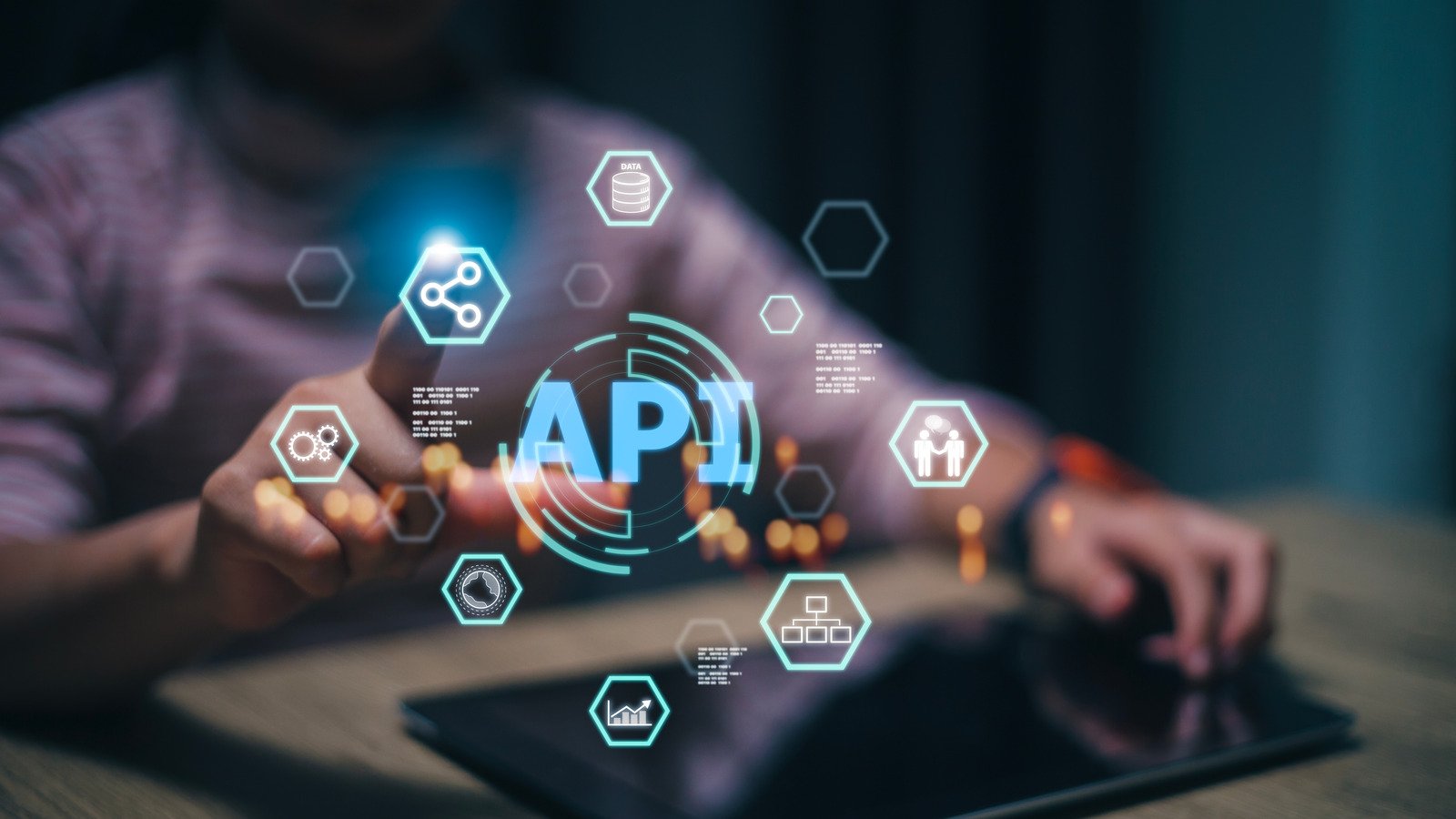Artificial Intelligence (AI) is no longer a futuristic concept from sci-fi movies—it’s a real, active part of our daily lives. Whether we realize it or not, AI is quietly working in the background, shaping how we communicate, shop, travel, work, and even relax.
From voice assistants to personalized recommendations, AI has transformed many aspects of modern living, making tasks faster, smarter, and more convenient. In this blog, we’ll explore how AI is integrated into everyday life and how it’s changing the way we live, work, and interact with the world around us.
1. AI at Home: Making Life More Convenient
One of the most noticeable ways AI has entered our lives is in our homes. Smart devices powered by artificial intelligence are making our daily routines easier, safer, and more comfortable.
Voice Assistants
Devices like Amazon Alexa, Google Assistant, and Apple’s Siri use AI-driven voice recognition to help us perform simple tasks without lifting a finger. Whether you’re setting an alarm, checking the weather, or playing your favorite playlist, these virtual assistants are powered by machine learning algorithms that learn your preferences over time.
Smart Home Automation
AI-enabled devices can control your lights, thermostat, security cameras, and appliances. For example, a smart thermostat like Nest learns your schedule and adjusts the temperature automatically, saving energy and money.
Home Security
AI-powered security systems use facial recognition and motion detection to keep your home safe. They can distinguish between a family member, a stranger, or even a pet, providing real-time alerts to your smartphone.
AI is turning homes into more efficient, responsive, and secure environments, helping us live more comfortably without extra effort.
2. AI in Communication & Entertainment
AI is also transforming how we connect with others and how we consume information and entertainment.
Personalized Recommendations
Have you ever wondered how Netflix, Spotify, or YouTube always seem to know what you want to watch or listen to next? That’s AI at work. Machine learning algorithms analyze your viewing or listening history to suggest content tailored to your tastes.
Social Media Algorithms
Platforms like Facebook, Instagram, and Twitter (X) use AI to curate the content you see. These algorithms analyze your behavior, likes, and interests to show you posts, news, and ads that are most relevant to you.
Language Translation & Communication
AI-powered translation tools like Google Translate make it easier to communicate across languages. Real-time translation apps break down language barriers, making the world feel smaller and more connected.
Content Creation
AI is now being used to create content, too. Tools like ChatGPT (yes, me!) and image-generation platforms can help writers, designers, and creators produce high-quality content quickly and efficiently.
3. AI in Daily Tasks & Services
Many of the services we use every day are quietly powered by AI, making our lives easier and more efficient.
Navigation & Transportation
Navigation apps like Google Maps and Waze use AI to analyze traffic patterns in real time and suggest the fastest routes. Ride-sharing services like Uber and Lyft use AI to match drivers with passengers and calculate fares.
Shopping & E-Commerce
Online shopping platforms like Amazon use AI for product recommendations, personalized promotions, and dynamic pricing. AI-driven chatbots also assist customers with their inquiries, improving customer service.
Financial Services
AI is making banking and financial services more accessible and secure. Fraud detection systems use AI to monitor transactions and flag suspicious activity. AI-powered budgeting apps can analyze your spending habits and help you save money.
Healthcare Access
AI chatbots and virtual health assistants provide basic medical advice, appointment scheduling, and health monitoring, making healthcare information more accessible to everyone.
4. The Future of AI in Everyday Life
While AI has already changed many aspects of our daily lives, its potential is far from exhausted. The future of AI is filled with opportunities—and some challenges—that will further reshape how we live.
Self-Driving Cars
One of the most talked-about applications of AI is autonomous vehicles. Companies like Tesla, Waymo, and Apple are investing heavily in self-driving technology. Once mainstream, these cars could reduce accidents, improve traffic flow, and give people more free time during commutes.
Healthcare Innovations
AI will continue to play a crucial role in healthcare. Future AI systems will assist doctors in diagnosing diseases more accurately, personalizing treatment plans, and even predicting health risks based on genetics and lifestyle data.
Education & Learning
AI is transforming education by offering personalized learning experiences. Adaptive learning platforms can assess a student’s strengths and weaknesses and tailor the curriculum accordingly, making education more accessible and efficient.
Ethical Considerations
As AI becomes more integrated into society, questions about privacy, bias, and job displacement will continue to arise. It’s essential to ensure that AI is used ethically, transparently, and in ways that benefit everyone.
Final Thoughts
AI has quietly become a part of our daily lives, from the way we wake up in the morning to how we entertain ourselves at night. It simplifies tasks, provides personalized experiences, and improves services across various industries.
However, as AI continues to evolve, it’s crucial to stay informed and aware of how this technology is shaping our world. By embracing the benefits of AI and addressing its challenges responsibly, we can ensure a future where technology truly enhances the way we live.





